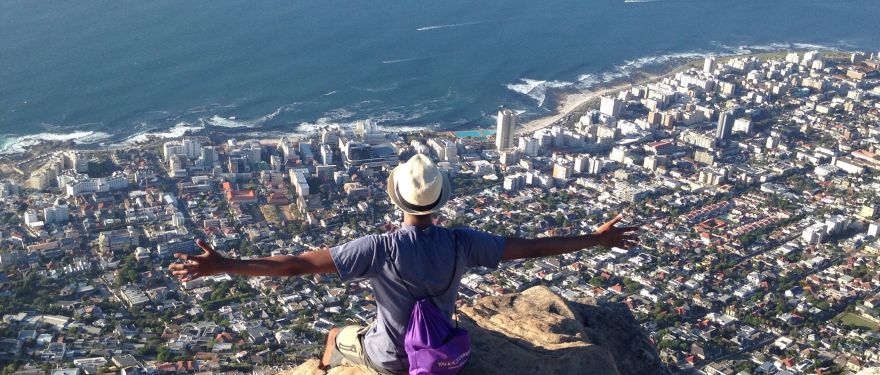Short Intensive Programs (SIPs) are courses that offer students a great opportunity to think about career choices, gain practical skills, and explore topics you might otherwise never get to study. These courses run for one week in January before the start of the Spring term and are often focused on a faculty member’s area of expertise or passion.
We caught up with Professor Hakeem Belo-Osagie, who taught the Africa Rising: Understanding Business, Entrepreneurship, and the Complexities of a Continent. This course was designed to introduce HBS students to the complexities of Africa – economic, sociological, and historical – and the ways in which these Africa-specific trends impact the opportunities and challenges in undertaking business and entrepreneurship ventures on the continent today.
Tell me about your SIP. Why is it exciting?
My SIP course is about Africa. I left business school over 40 years ago, have been in government and business in Africa throughout that time and have been engaged with other HBS alumni who returned to Africa. In my SIP, I distil my experiences and learnings over the years and share with the students. To add to the excellent HBS experience, I try to bring to the class the African context and peculiarities. Many of these peculiarities also apply to emerging markets in general.
By inviting leaders and practitioners from the continent there is a sense of immediacy and reality that makes it exciting. Students are directly accessing the unfiltered thoughts, words, advice and learnings of those who are in the thick of things.
Why do you teach a SIP?
I like teaching the SIP course because there is much more room to try out different ways of teaching. It is a great opportunity to experiment and to innovate.
Who are your guests? What do they bring to the course?
My guests are leaders in the respective topics of each class. For example, a class on leadership would have the President or Vice President of a country. A class on private equity would have individuals who lead the most successful PE companies in Africa. A class on tech will feature individuals who birthed the most successful tech companies in Africa. Because I have directly experienced most of these industries myself, I am clear on what I seek to draw out from the invited guests that would be valuable to the students.
What do you hope students take away from your SIP?
I hope that students take away a sense of the major forces that will determine the business and economic future of the African continent. I hope the gain a sense of the opportunities and a sense of how to exploit these opportunities, informed by the concrete experiences of both my guests and myself. As we all have immersed ourselves on the continent and have had time to reflect on our experiences in an orderly manner, we hope our experiences capture the students’ excitement.
I consider my classes an orchestra. My major responsibility as professor is to compose and conduct. I leave my guests - the players in the orchestra - considerable leeway because they are all superstars in their individual capacities. The students are more than just an audience. They start that way, but at a certain time, they join in the band and make the music more interesting varied and powerful. The outcome is a more lasting impact on their minds and hearts for all of us.

